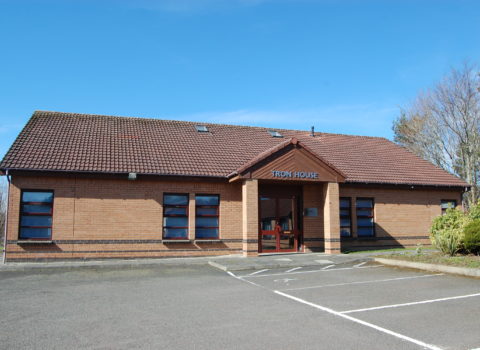What is counselling?
Counselling is a form of therapy that enables the client to explore debilitating and destructive life-patterns in a gentle, empathic and non-judgemental way.
At Hopesprings our counsellors are trained in a variety of approaches including behavioural, analytical and humanistic. We offer an opportunity to examine patterns of behaviour, family and other significant relationships from the past. Counselling falls under the umbrella term ‘talking therapies’ and allows people to discuss their problems and any difficult feelings they encounter in a safe, confidential environment. The term can mean different things to different people, but in general, it is a process people seek when they want to change something in their lives or simply explore their thoughts and feelings in more depth.
A counsellor is not there to tell you what to do – instead, they will encourage you to talk about what’s bothering you in order to uncover any root causes and identify your specific ways of thinking. The counsellor may then look to help you reconcile your issues or help you to find ways of coping. Each session is tailored to the individual. There is flexibility within this type of therapy that allows for a variety of counselling formats.
Counselling can be useful for anyone who wants to explore the way they’re thinking or feeling further, as well as anyone experiencing a problem or issue they are keen to resolve. People may choose to speak to a counsellor because they feel they cannot speak to their other half/friends/family about such personal issues, or they may simply wish to speak to a professional with an objective viewpoint.
The way counselling can help will depend on the person receiving the treatment. For many, the fact that counselling offers a safe and confidential environment to speak in is all it takes. In life, what we say to others can sometimes have a knock-on effect, altering relationships and the way people see each other. Counselling eliminates this problem and offers you space and freedom to explore your own thoughts with an unbiased party.While counsellors may not give you concrete advice or a checklist of things to do to feel better, what they will do is help you uncover your own insight and understanding of your problems providing you with the tools which will help you to resolve them on your own.
In the majority of cases, a single session will not be enough to help overcome any issues you’re facing. Counselling is a journey, and it takes time and consistency to work effectively. Because of this, many people opt for regular counselling sessions to make the most of the process.Counselling can help you understand yourself better and the way you think, which will ultimately help you develop a clearer understanding of your problems. The more armed with the information you are, the easier it gradually becomes to navigate your way through any difficulties you are facing so that eventually you can come out the other side feeling more positive. Counselling can also help you understand other people’s point of view better, which can shed light onto the way you interpret words or actions.





